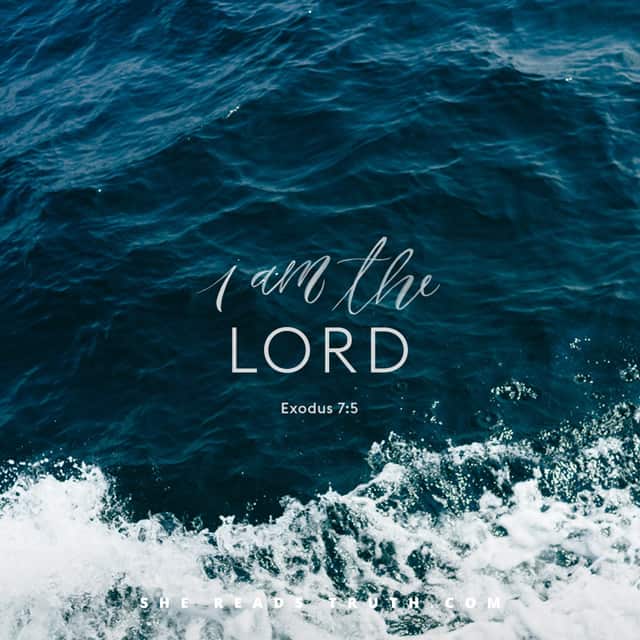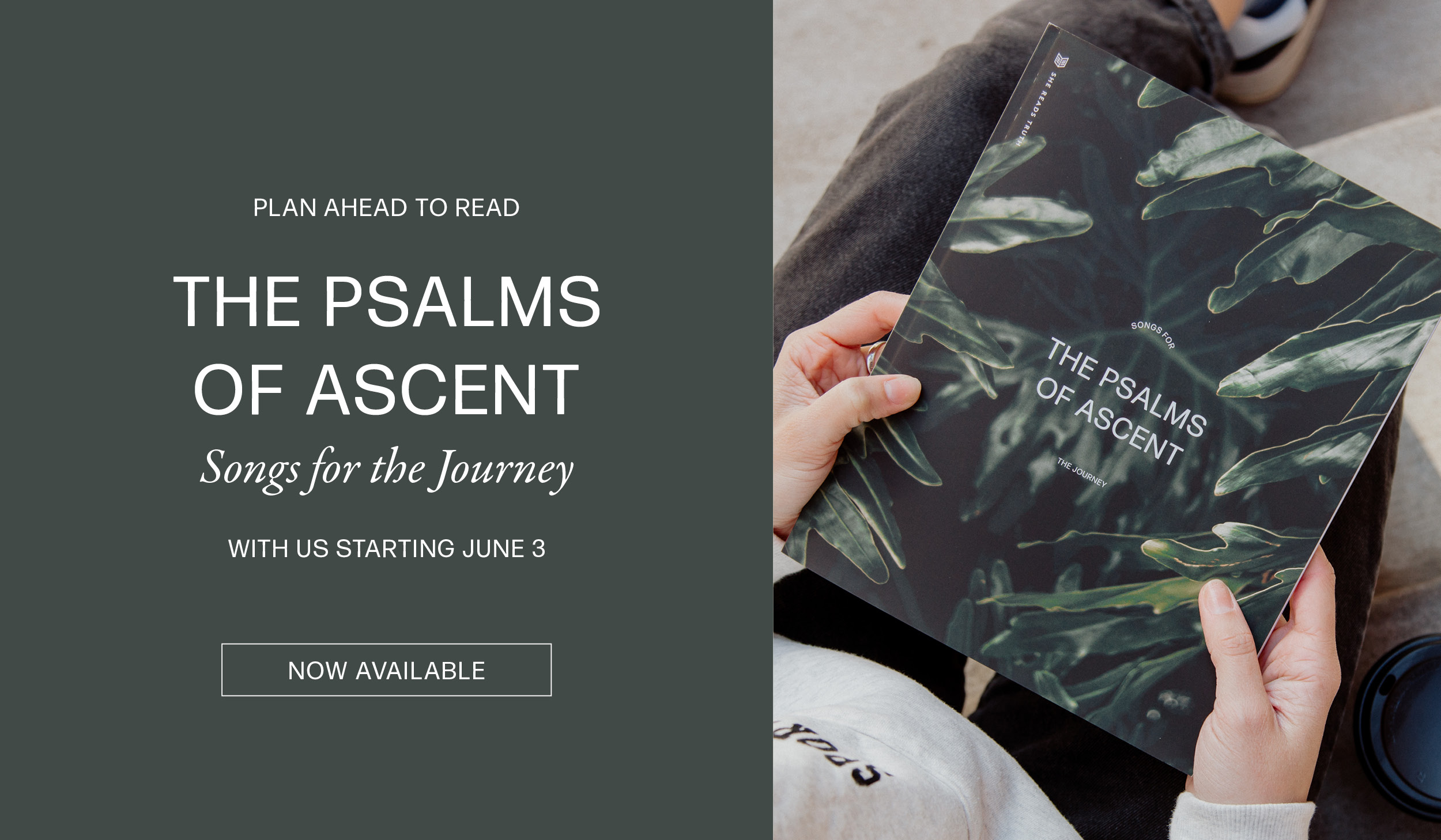Text: Genesis 1:1, Exodus 7:1-25, Exodus 10:21-29, Psalm 105:27-36
“I will pass through the land of Egypt on that night and strike every firstborn male in the land of Egypt, both man and beast. I am Yahweh; I will execute judgments against all the gods of Egypt.”
—Exodus 12:12
I thought about Egypt a lot as a kid—though growing up on the Great Lakes, I was about as far from the Nile as you can get. Our house had an attic with a low ceiling and one dim light, and I was afraid to poke my head inside because I was sure I would see the Anubis. Have you ever seen a drawing of this creature? It’s a man, with the head of a jackal. For me, there’s nothing so terrifying as a man’s figure walking upright wearing the head of a jackal. Why did the Egyptians have to put animal heads on their gods?
The pantheon of false Egyptian gods was a terrifying mix of half-human, half-sacred animals; because in the absence of the one true God, we can only invent gods in our own image, or in the image of things we see around us. False gods are just imitations of the natural world. The Egyptians created supermen, but that’s all they were: imagined concoctions of everyday things elevated to the rank of deity.
Each major aspect of Egyptian life was tied to a specific god. For example, Hapi was the god of the Nile River. The welcome seasons of flooding and the dreaded seasons of drought were linked to the the vagrancies of his changing moods.
Moses would have known all about Egyptian gods. (Maybe there was an attic somewhere in his childhood too—a place where he feared seeing the spectre of the Anubis!) And Moses, like all children raised in Egypt, would have seen the Nile’s waters turning to blood as a blow struck specifically against the god of the Nile (Exodus 7:20).
Each plague targeted one of the gods from the Egyptian pantheon and, one by one, Pharoah watched the pillars of his power turn to ash. This pattern fulfills a specific promise that God made through Moses to Israel and Pharaoh:
“I will surely pass through all the land of Egypt and on every one of the gods of Egypt I will execute judgment: for I am the Lord God over the whole of the earth” (Exodus 12:12).
In spite of this, Pharaoh’s heart was hardened, and he waffled about whether or not he should let Israel go. In his indecision he ignored this truth that Moses already knew: there is but one God, and He is God over all the earth (Exodus 10:8). He is present and sovereign throughout history, and He will not be mocked (Galatians 6:7).
Pharaoh never learned this lesson, but the Egyptian people did. Their awe of the one true God inspired them to press their gold and jewels into the hands of their Hebrew slaves departing for the Red Sea.
When reading about the plagues, it’s easy to see them as an assault on the Egyptians and Pharaoh himself. While that’s partly true, the central point was to destroy the idolatry of the false gods. One by one, God chipped away at their false authority. The words, “Let my people go!” not only meant freedom from slavery, but freedom from idolatry.*
We don’t have to live in fear of supermen with jackal heads or fertile women with frog faces. There is only one God, and He is good. In His great goodness, He not only frees us from bondage, but He also unmasks the gods and powers of this world. History is filled with this resounding declaration: Every knee shall bow, and every tongue confess that Jesus Christ is Lord (Romans 14:11).
*George Grant. “The God’s of Egypt and the Exodus”, 2015.



Loved today’s insight. I had no idea that the plagues were linked to the Egyptian Gods. God walked his people out of Egypt and eased them through every step of the way, he helped them out of being comfortable with slavery, and then just in case anyone had any doubts about how mighty God was and whether or not he was the one to serve, he shows his dominance over every false God and proves that he is the Only God. He didn’t have to do that, but he is for us and he shows me that again and again. Thanks for a great read!
What does the asterisk mean towards the end of the post?
I was just wondering the same thing!
The idea prior to the asterisk is from George Grant – “The God’s of Egypt and the Exodus”. The corresponding asterisk is under the picture on the SRT website.
This is such a powerful truth!
Love learning new things!! I never knew that the plagues were tied to specific Egyptian gods. Thank you for this eye opening moment. :-)
I also love learning new things and this took me by surprise…I never knew that the plagues were tied to Egyptian gods either and as you said – this is a very eye opening moment.
My church studied Exodus last year and the sermon on this section really has stuck with me. The pastor shared that God will always bloody our Nile Rivers because He will always ruin things that we are going to for life that aren’t Him.
This concept has stuck with me in other spaces in scripture because all the time God is so clear that He is meant to be our water. He is our means of survival. For Egypt, the Nile was everything. It was their source. But God!! God noticed that even His own people needed the Nile.
That’s always the part that sticks out to me too. How the Israelites also had to deal with a week of no Nile. Cause God was more so speaking to them and telling them pre the commandments that they could truly only have One God to serve.
Nadine, wow, I love this so much! This image will stick with me for a long time. Grateful for you!
xoxo-Kaitlin
I love your insight! Thanks for sharing this.
Our God works in mysterious ways. We may not always understand and want to question like Moses did but keep the faith ladies!
Ashhtoocurlyblog.Wordpress.Com
ashhtoocurlyblog.wordpress.com
Am I the only one a little confused that the verses and the commentary were read we completely different?
*were. Meaning the commentary was on chapter 12 but didn’t haven’t gotten to chapter 12 yet in our verse reading.
Sorry my phone doesn’t allow me to see what I’m writing- so auto correct and prediction text mess up what I write. A bit.
He is the Lord God over this entire earth. What a wonderful promise and a good declaration to make on the hard days. He knows what He is doing.
http://www.in-due-time.com